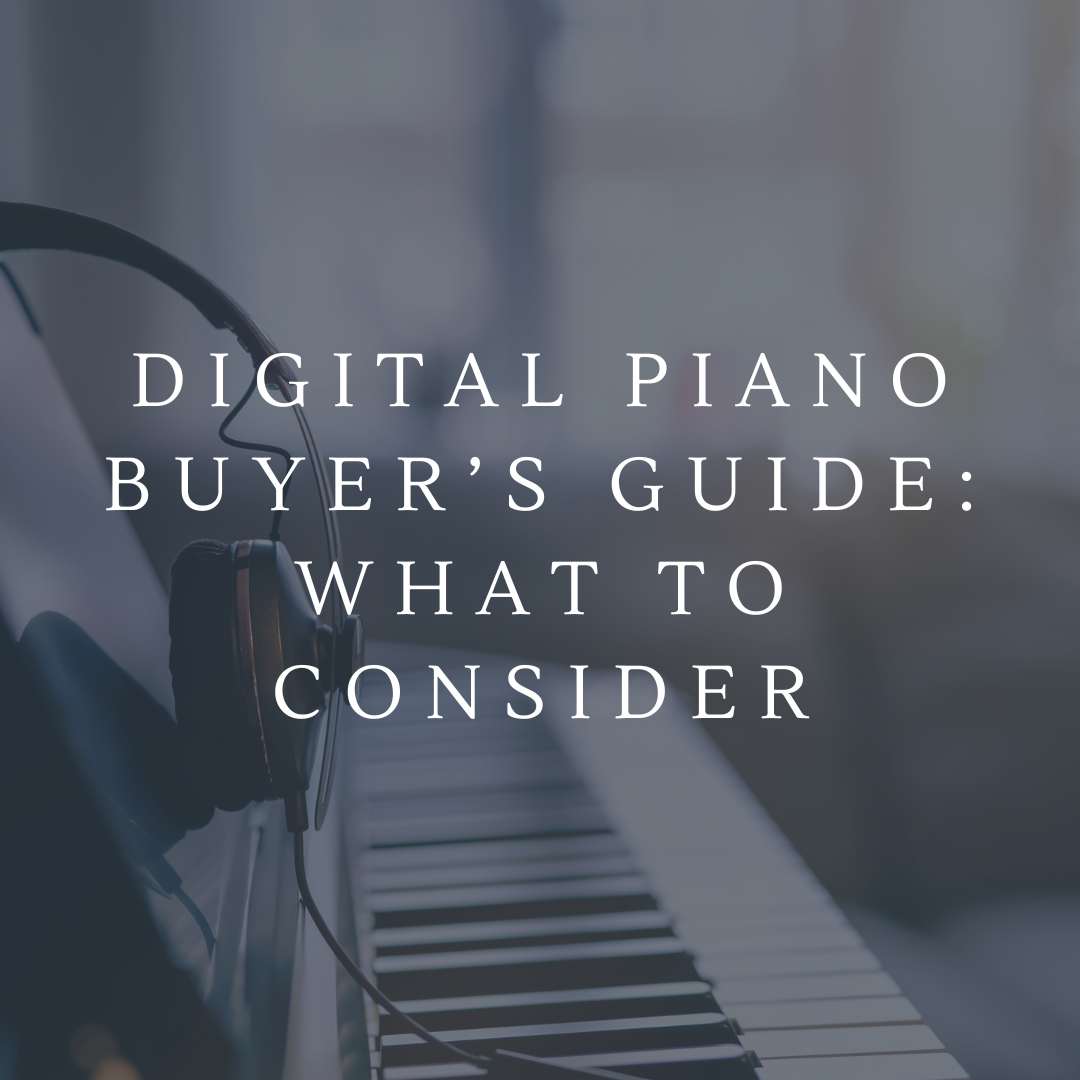
Although acoustic pianos feature better sound quality, a digital piano may be a good place to start:
Space Savings: Compact designs fit well in smaller living spaces.
Affordability: Typically more budget-friendly than their acoustic counterparts.
Modern Features: Digital pianos boast conveniences like headphone use, recording capabilities, and built-in learning tools.
While keyboards are handy, a digital piano is a stronger choice if you’re serious about learning:
Weighted Keys: Deliver an authentic piano feel, crucial for building proper playing techniques.
Realistic Sound: Advanced sampling and modeling ensure a rich, lifelike piano tone.
Elegant Appearance: Many models feature cabinet-style designs that complement home décor.
Authentic Key Action
Weighted keys simulate the tactile experience of an acoustic piano.
Fully weighted or graded hammer actions enhance authenticity.
Touch sensitivity adjusts sound dynamics based on how hard or soft you play.
Sound Quality
Sampling & Modeling: Look for technology that replicates real piano tones.
Polyphony: Choose a piano with at least 120-note polyphony for nuanced performances.
Hammer Action & Feel
Graded hammer action mimics the weight and responsiveness of real acoustic keys.
High-end models might include escapement mechanisms, adding a touch of realism.
Pedals
A proper digital piano should have three pedals: soft (una corda), sostenuto, and sustain.
Half-pedaling capability ensures enhanced control for more expressive playing.
Built-in Technology
Features like lesson programs, recording functions, split modes, and connectivity (USB, Bluetooth) make practice more engaging.
Headphone jacks allow for quiet sessions.
A digital piano is a doorway to musical exploration and joy, whether for yourself or as a gift for someone else. Visit us today to view our selection of Casio digital pianos!
Comments will be approved before showing up.

Buying a piano today is no longer a simple acoustic-only decision. Digital pianos have become a serious option for many players, and understanding the strengths of each type helps buyers avoid regret later on.

There’s a subtle shift that happens in homes as we move from the rich tones of autumn into the sparkle of December. Your piano space doesn’t have to stay static—it can evolve with the season.

For many pianists—beginner, intermediate or advanced—the holiday season brings a mix of joy and pressure: guests come, schedules shift, practice time can drop. But with a little intentionality, you can use this period as a springboard rather than a pitfall.